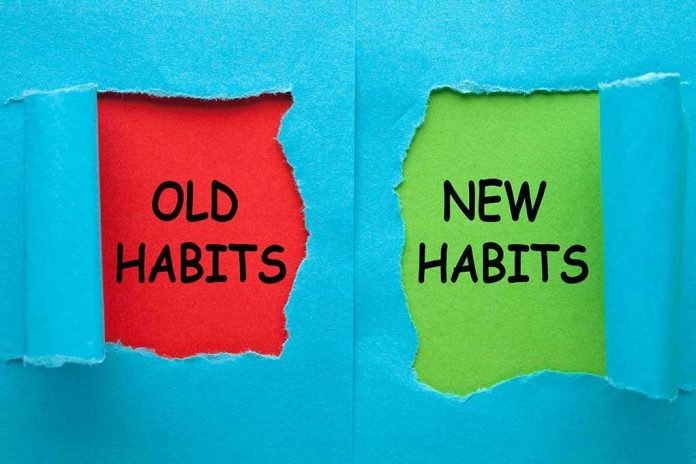
Most people drift through life reacting to events, but a Navy SEAL commander insists that living with purpose requires relentless, intentional effort—because a mission-driven life never happens by accident.
Story Snapshot
- Your sense of self—your “who”—must anchor your ambitions and actions, not the other way around.
- Unchecked ambition can easily push you off course if you haven’t defined your own destination.
- Giving pays real dividends for both you and your community, in ways that echo far beyond the moment.
- Intentional, top-down thinking is the key to finding opportunities—and meaning—that truly fit.
The Foundation: Who You Are Shapes What You Achieve
Mike Hayes, former commander of Navy SEAL Team Two, argues that the core of a purposeful life isn’t what you do, but who you are. The world constantly asks “What do you do?” but the real question is “Who are you?” Your “who” is your inner compass—your ideals, values, and passions. When there’s a gap between your who and your what, you feel lost and dissatisfied. Only by closing this gap do you find fulfillment and mission-driven momentum.
Hayes believes that knowing your “who” is not an exercise in navel-gazing. It’s the only way to pick the right pursuits as your circumstances and roles change. He confesses that every disappointment in his own career traces back to moments when he let his actions drift away from his core identity. The lesson: only by understanding the person you want to become can you make decisions that move you forward, rather than sideways or backwards.
Ambition: Powerful Fuel, But Only With a Map
Ambition, Hayes says, is a double-edged sword. It’s what powers you through challenges, but if you haven’t defined where you want to go, it can push you further from your true mission. He recounts the example of Pat Gelsinger, the legendary tech CEO. Gelsinger held his team to impossibly high standards, believing that pressure was essential for extraordinary breakthroughs. But ambition without direction is like a train going faster with no idea where the tracks lead. Hayes warns that following someone else’s definition of success can leave you more lost than when you started.
Hayes challenges readers: don’t let ambition become a substitute for purpose. Only by setting your own standards, and by defining your own finish line, can you ensure that the pressure you apply to yourself propels you toward real satisfaction, not hollow achievements.
Giving: The Hidden Engine of Long-Term Fulfillment
Giving isn’t just a moral imperative for Hayes; it’s a strategic investment. When he visited wounded warriors as a SEAL, he expected to lift their spirits, but found himself changed, energized, and inspired. Giving, he insists, pays off in both the short and long run—it builds a world where generosity is reciprocated, and it draws people who want to invest in you. Even calculated giving, he argues, isn’t cynical. Helping others for networking or future opportunities is still giving, as long as it’s genuine and reciprocal.
Hayes sees giving as the foundation of strong communities and fruitful careers. He urges readers to recognize that every act of service, especially those that connect and support others, multiplies your impact and expands your network of people who will stand by you when it matters most.
Job Search: Stop Accepting What Lands in Your Lap
Most people, Hayes observes, approach their careers with bottom-up thinking—waiting for opportunities and picking from what’s available. This reactive approach leads to mediocrity and frustration. The SEALs, for all their excellence, often fall into this trap after leaving the military. Hayes insists that the only way to find meaningful work is to start top-down: define what energizes you, what you excel at, and what the world needs, then go out and create those opportunities for yourself.
This approach isn’t about arrogance; it’s about intentionality. Hayes wants readers to realize that settling for “good enough” is the enemy of purpose. A mission-driven life demands that you direct your search, refuse to settle, and pursue only what fits your unique talents and passions.
Change: Why You Must Be the One Steering the Ship
Hayes closes with a challenge: the scoreboard in life isn’t just profit or salary. True value comes from knowing your impact on the world and those around you. In the SEALs, the stakes were literal life and death, but outside that world, the need for purpose is no less urgent. He insists that everyone has a duty to steer some part of society—because if you don’t, someone else will. In the end, what matters is not how many people remember your name, but whether you lived each day expanding the list of those whose lives you touched.




